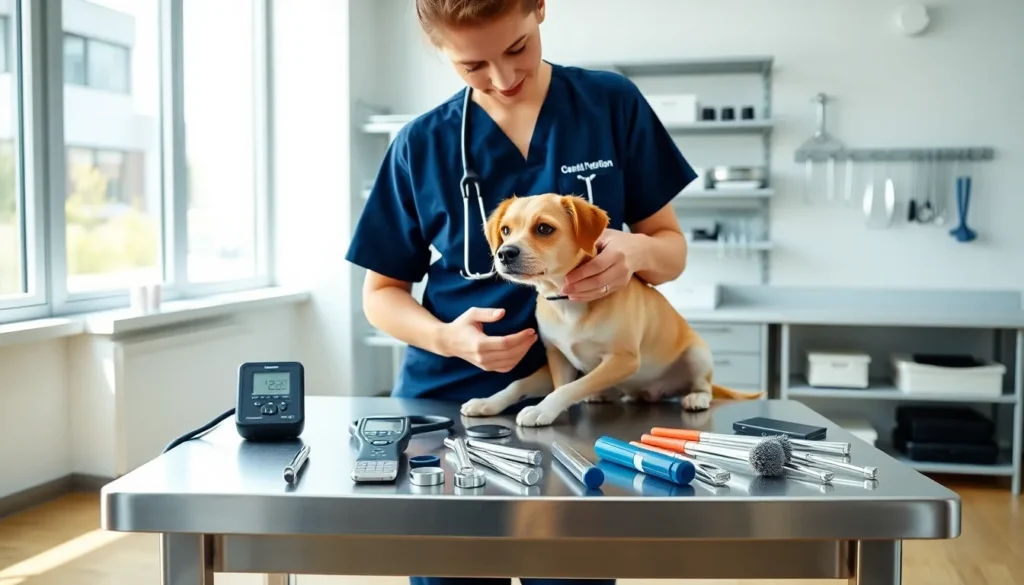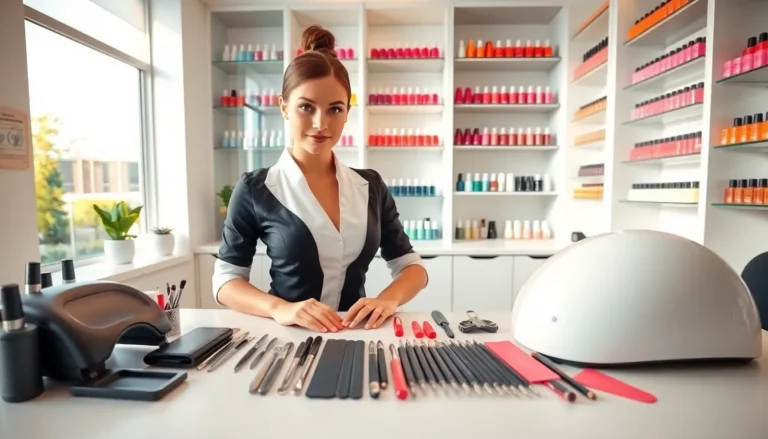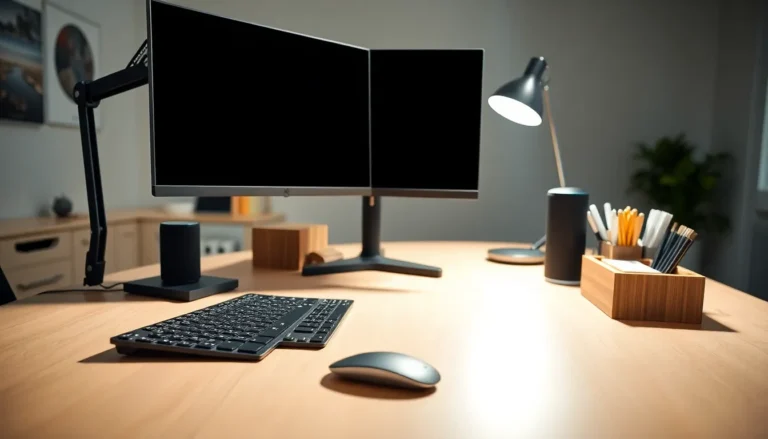Veterinary technicians are the unsung heroes of the animal care world. Ever tried explaining your job to a friend? You get nods, but let’s be honest, most people think you just pet puppies all day. The reality is far more complex. Whether you’re wrangling a frightened feline or assisting in a delicate surgery, the right accessories can make all the difference. Ready to outfit your toolkit? Let’s jump into the must-have vet tech accessories, because even the best superhero needs the right gear.
Table of Contents
ToggleUnderstanding the Role of Veterinary Technicians

Veterinary technicians play a vital role in the animal healthcare system, serving as the trusted bridge between veterinarians, the animals, and their owners. Their responsibilities include everything from administering vaccines and drawing blood to assisting in surgeries and providing pet owners with invaluable education.
Being a vet tech requires a diverse skill set and a genuine passion for animal welfare. These professionals are often seen handling triage during emergencies, keeping calm under pressure, and showing compassion to both animals and humans.
But there’s more to this calling than just love for critters. Veterinary technicians need to stay organized and efficient to juggle various tasks while ensuring the highest standard of care. This is where the right accessories come into play, helping them navigate the busy and often chaotic world of veterinary medicine.
Essential Accessories for Everyday Use
Everyday tasks can quickly become daunting without the proper tools. Here’s a rundown of the essential accessories that every veterinary technician should have:**
- Scrubs and Footwear: Comfort is paramount. High-quality scrubs ensure ease of movement, while sturdy, slip-resistant shoes protect against spills and provide all-day comfort.
- Grooming Tools: Regular grooming can keep animals healthy and happy. From brushes to clippers, having the right tools can make their grooming experience a breeze.
- Stethoscope: This classic accessory is indispensable. A good stethoscope ensures accurate assessments of your patients’ heartbeats, breath sounds, and overall health.
- Digital Thermometer: Modern vets prefer digital thermometers for accurate and quick readings, leading to better patient management.
- Utility Belt: Keeping tools at your fingertips is essential. A utility belt can house everything from scissors to bandages, making them easy to access during exams.
Specialized Tools for Specific Tasks
Plus to daily essentials, specialized tools are critical for specific procedures. Here’s a look at some of the tools that can change the game:**
- Surgical Instruments: A vet tech working in a surgical setting needs sterilized instruments like scalpels, forceps, and scissors at the ready for various procedures.
- Anesthesia Equipment: Proper sedation ensures procedures go smoothly. Familiarity with monitoring equipment and administration tools is key to keeping patients safe.
- Radiology Accessories: Understanding imaging tools like X-ray film holders and positioning aids is important for capturing accurate diagnostic images.
- Laboratory Tools: If drawing blood or performing tests, having the right syringes, slides, and centrifuges makes all the difference in the diagnostic process.
Choosing the Right Accessories for You
Selecting accessories tailored to one’s work environment and personal preferences can enhance performance significantly. It’s not just about functionality but also comfort. Here are some tips for making wise choices:**
- Assess Your Needs: Different veterinary settings require different tools. A practice dealing mainly with small animals may prioritize different accessories than one specializing in equine medicine.
- Try Before You Buy: When possible, testing out tools can help you gauge comfort and ease of use.
- Consult Peers: Talking to colleagues about their favorite accessories can lead you to discover tools you may have overlooked.
Maintaining Your Vet Tech Accessories
Maintaining your tools is crucial for ensuring their longevity and effectiveness. Here are some essential maintenance tips:**
- Regular Cleaning: Dirty tools can harbor bacteria and compromise safety. Establish a routine cleaning schedule for all instruments and equipment.
- Inspect and Replace: Regularly inspect your accessories for signs of wear and tear. Dull blades and worn instruments can negatively impact your work.
- Storage Solutions: Proper storage can prevent damage. Consider using dedicated drawers and cases to keep tools organized and accessible.









